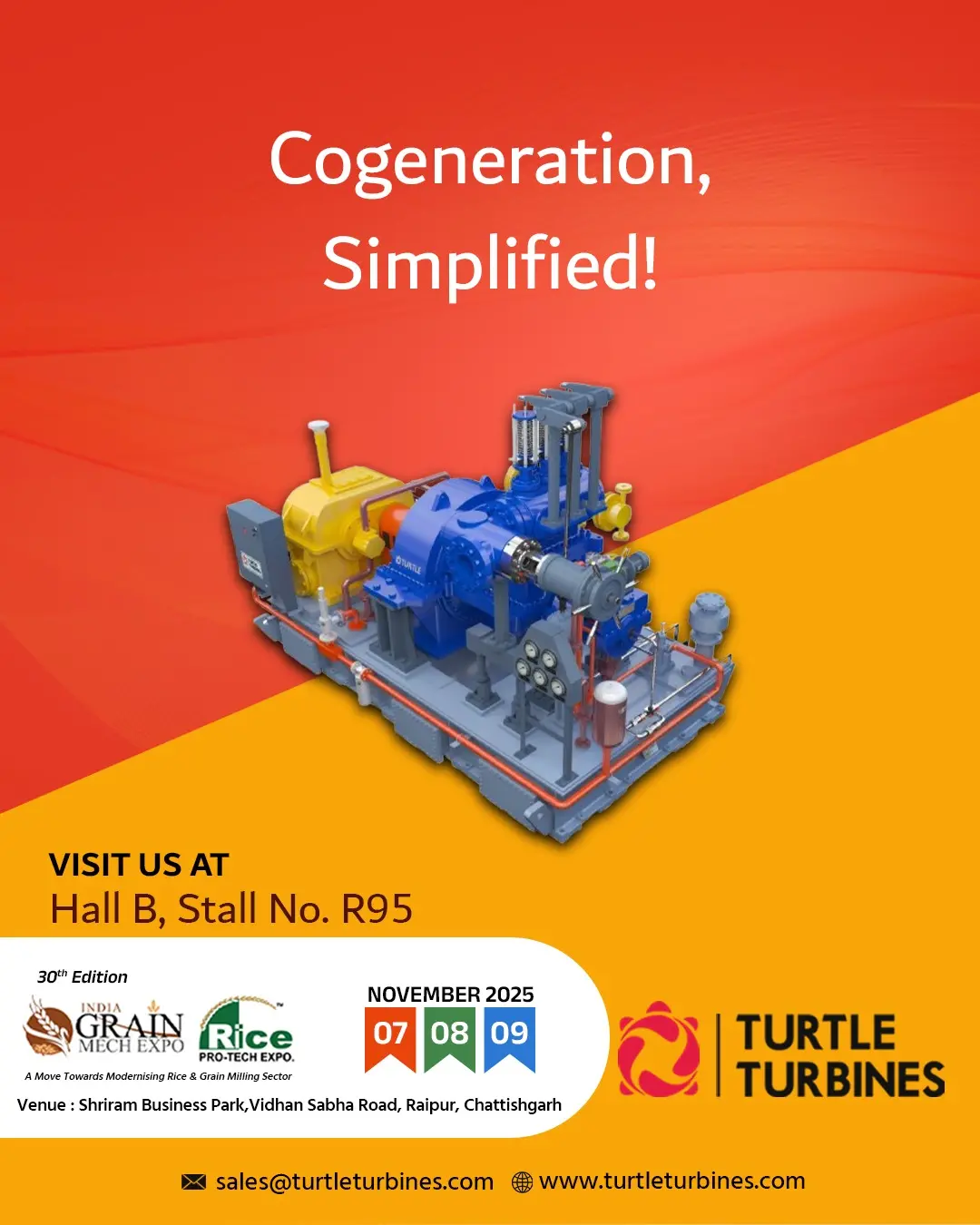In today’s competitive industrial landscape, small industries must prioritize efficiency and reliability to thrive. One critical aspect of operational success is ensuring continuous and dependable power for automated processes. Automation reliability with steam turbine power systems in small industries is a game-changing solution that combines efficiency, sustainability, and cost-effectiveness. Steam turbines provide a steady, uninterrupted energy supply, making them ideal for automated systems where consistency is paramount.
The integration of automation reliability with steam turbine power systems in small industries offers significant advantages over conventional power sources. Steam turbines are highly efficient, converting steam energy into mechanical power with minimal losses. This consistent power output ensures that automated machines and processes function seamlessly, reducing downtime and improving productivity. Furthermore, steam turbines can utilize byproduct steam from existing processes, enhancing overall energy efficiency and reducing operating costs.
For small industries, scalability and adaptability are crucial. The flexibility of automation reliability with steam turbine power systems in small industries allows businesses to customize power solutions based on their specific needs. Whether powering precision equipment or running entire production lines, steam turbines provide a robust and reliable energy source. This adaptability ensures that small industries can grow without compromising on performance or incurring significant energy expenses.
In addition to operational benefits, adopting automation reliability with steam turbine power systems in small industries contributes to sustainability goals. Steam turbines often utilize renewable energy sources or waste heat, significantly reducing carbon footprints. This not only aligns with global environmental standards but also enhances the industry’s reputation in the market. For small industries looking to stay competitive and environmentally conscious, steam turbines are a smart and forward-thinking investment. By incorporating steam turbine technology, small industries can achieve unparalleled automation reliability, operational efficiency, and sustainable growth.
Turtle Turbines is one of the most reputed steam turbine manufacturers from India for power generation, suitable for operation on the saturated and superheated steam boilers operating in various industries. Based in India, the company focuses on providing sustainable solutions for power generation and configurations to meet the needs of different applications. For more information please visit on www.turtleturbines.com


